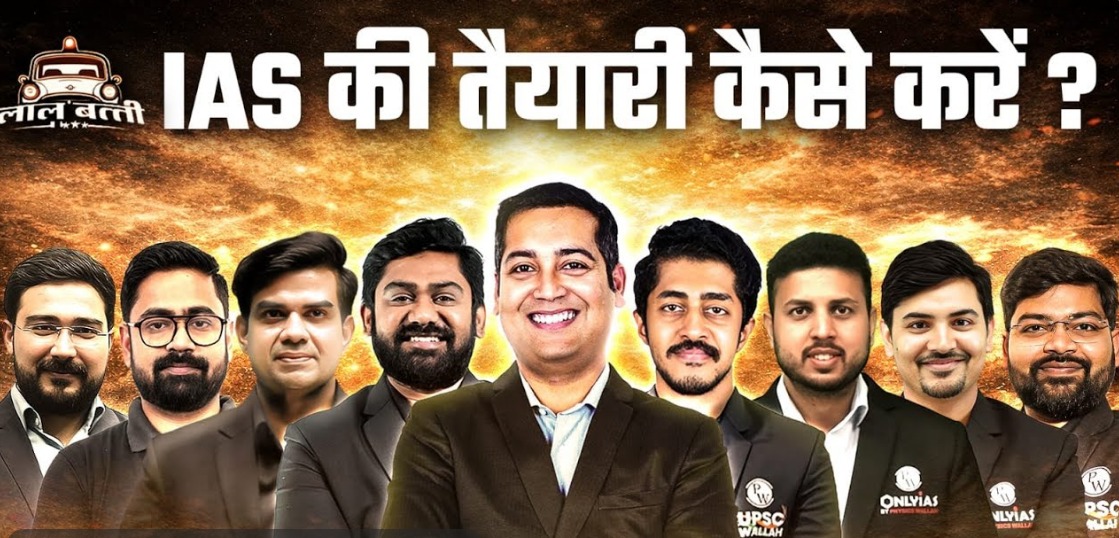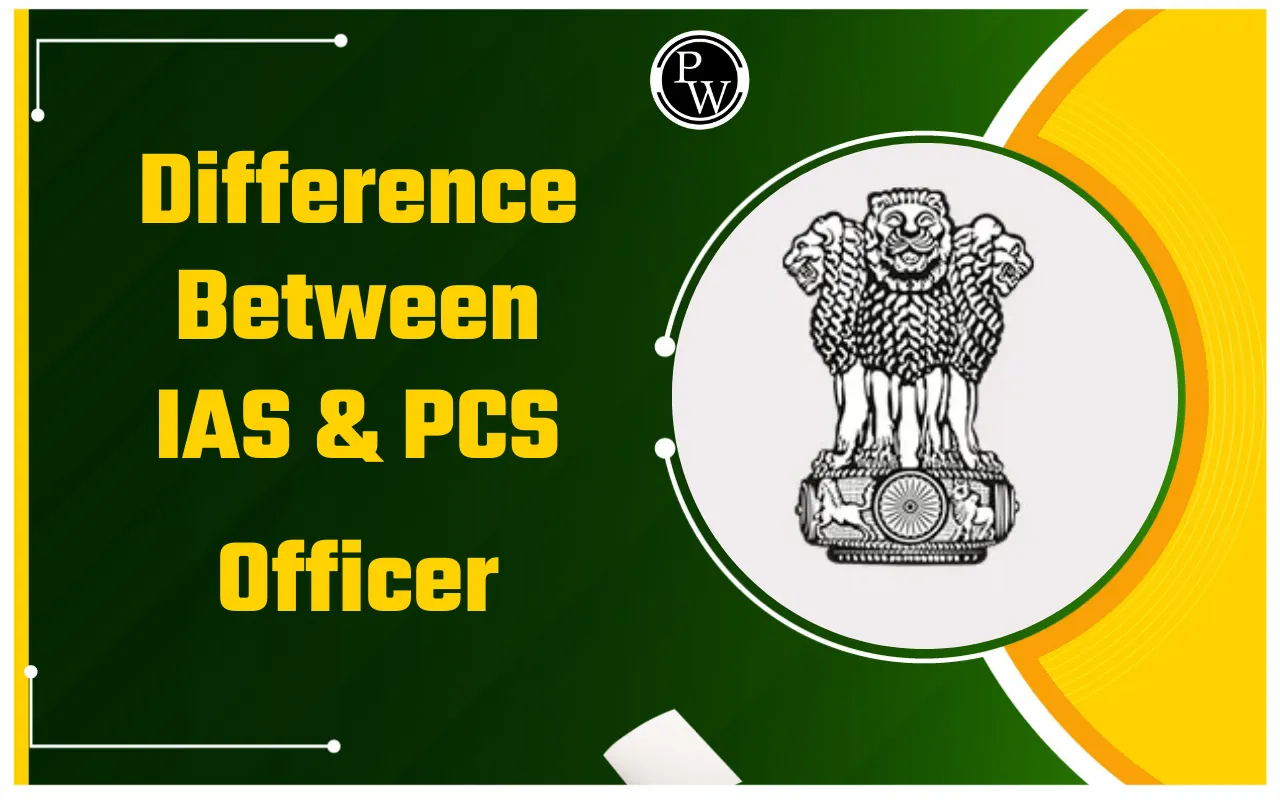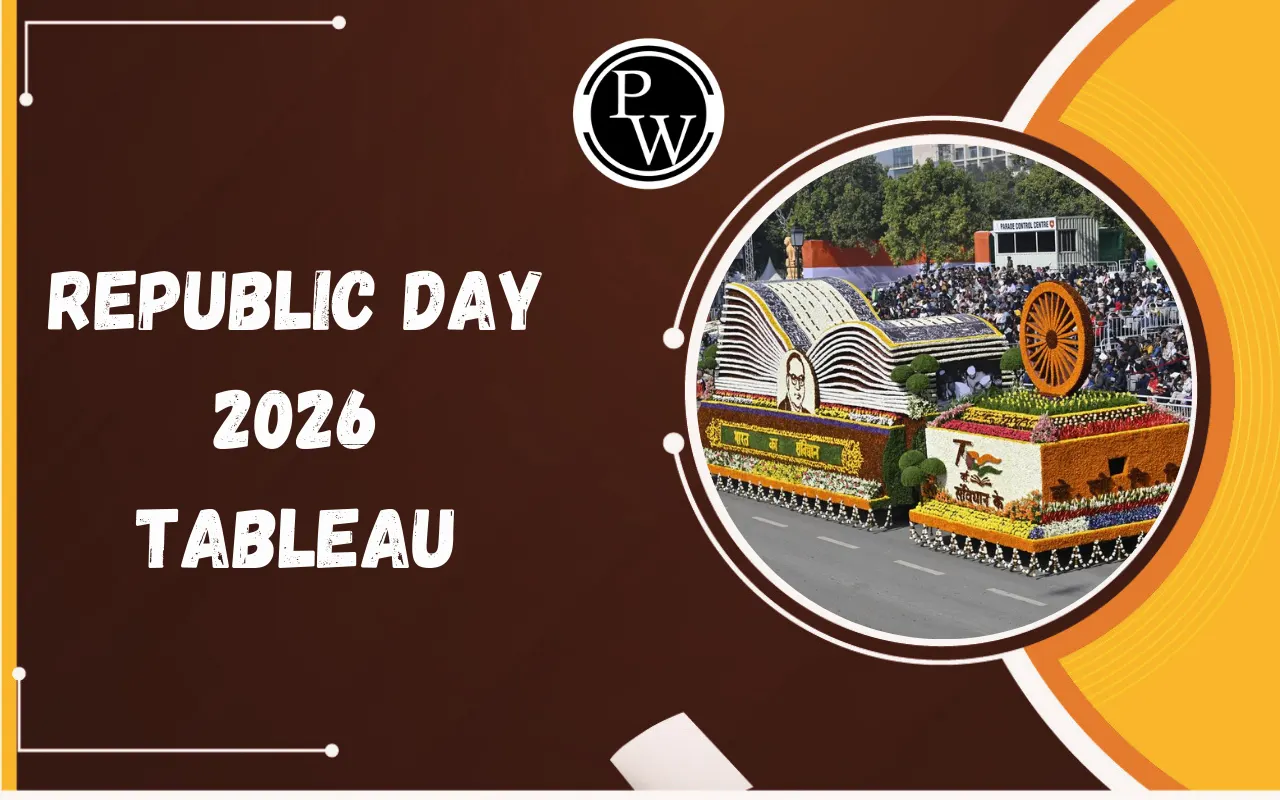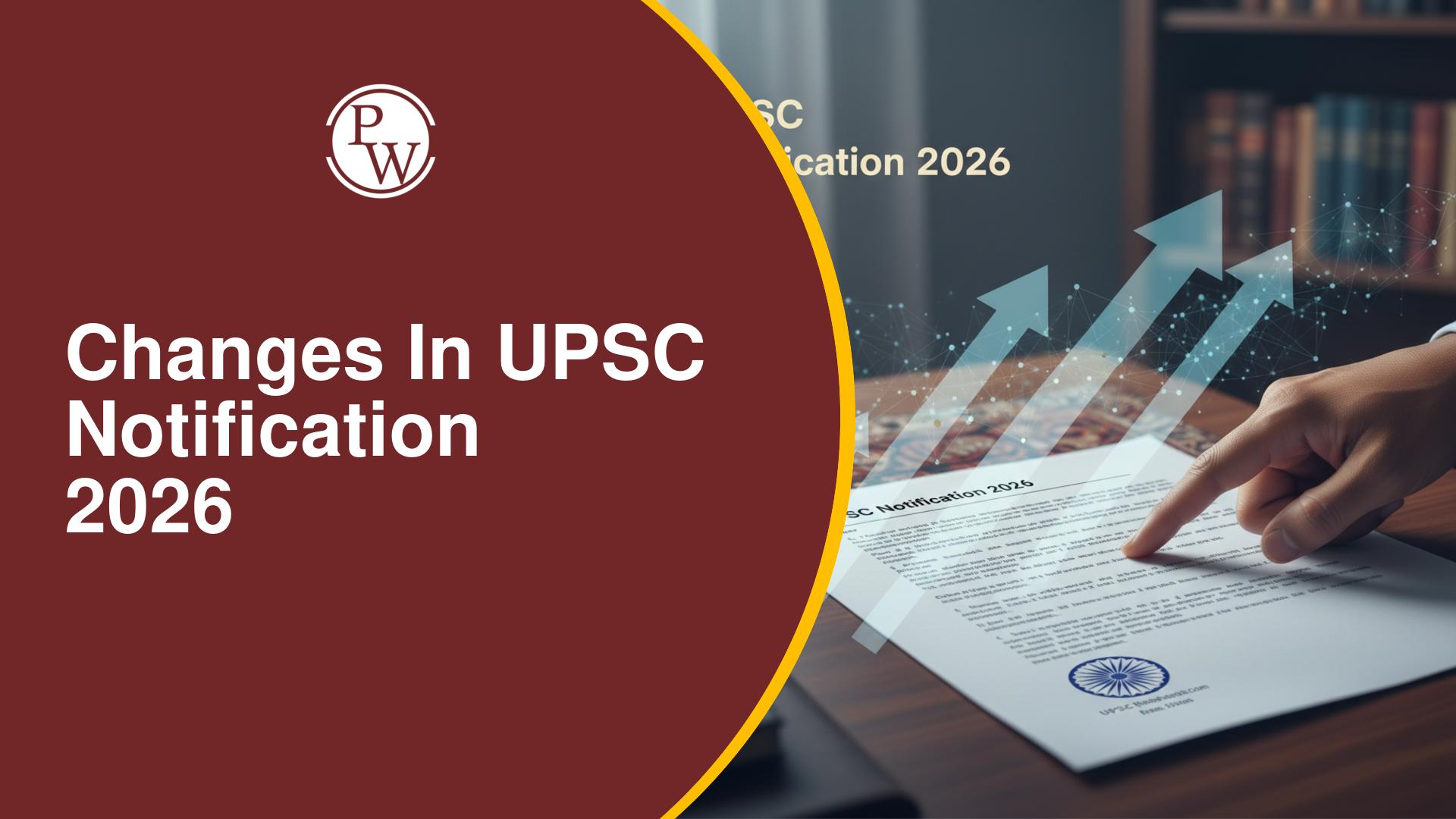
UPSC Punjabi Literature Syllabus 2025 is designed for candidates opting for Punjabi as their optional subject in the Civil Services Examination. Rooted in rich literary tradition and cultural heritage, Punjabi literature covers classical poetry, modern prose, folk narratives, and contemporary writings that reflect the socio-political evolution of Punjab over the centuries.
It is divided into two papers: Paper I and Paper II, each carrying 250 marks, for a total of 500 marks. Read on for paper-wise UPSC Punjabi Literature Syllabus 2025, preparation tips, recommended books, and previous year's question papers.
UPSC Punjabi Literature Optional Syllabus
Punjabi is an Indo-Aryan language mainly spoken in Punjab, northern India, and parts of Pakistan. It has a long-standing literary tradition, influenced by languages like Sanskrit, Persian, and Arabic. In India, it is written in the Gurmukhi script. Punjabi literature is known for its powerful poetry, rich folk traditions, and cultural expressions through music and dance forms like Bhangra.
The language holds deep cultural and emotional significance for the Punjabi community across the world. The UPSC Punjabi Literature syllabus is designed to cover a wide range of literary works, from classical to modern. It aims to test the candidate's understanding, analytical ability, and interpretation of Punjabi literary texts. The syllabus for both Paper I and Paper II are given below.
UPSC Punjabi Literature Optional Syllabus for Paper I
Paper I of Punjabi Literature for IAS includes essential aspects of Indian culture and philosophy with a focus on the Punjabi perspective. It covers the origins and development of the Punjabi language, its phonology, morphology, and script, along with an examination of classical and medieval literature.| Section - A |
|
| Section B |
|
UPSC Punjabi Literature Optional Syllabus for Paper II
Paper II of Punjabi Literature covers a detailed analysis of selected Punjabi literary works from different periods. It begins with the devotional verses of revered figures like Guru Nanak and extends to the profound Sufi poetry of Bulleh Shah.| Section A | Section B | ||
|
|
UPSC Punjabi Literature Optional Exam Pattern 2025
The exam pattern for Punjabi literature Optional consists of two papers, each valued at 250 marks, culminating in a total of 500 marks. The papers include both objective and subjective questions, testing candidates' understanding, analysis, and interpretation of Punjabi literary works.| Particular | Details |
| Mains Paper | Paper VI and Paper VII |
| Subjects | Punjabi Literature Optional Paper-I and Paper-II |
| Total Marks | 500 (250 Each) |
| Time allowed | 3 Hours for each paper |
| Sections | Section A and Section B |
| Questions | total 8 questions with subparts |
| Compulsory Question | Questions Nos. 1 and 5 |
| Marks Distribution | 10, 15, and 20 marker questions |
| Writing Language | Punjabi (Gurbani) |
Preparation Tips For Punjabi Literature Optional
Prepare effectively for the UPSC Punjabi Literature optional with these insightful preparation tips.- Strengthen Language Skills: Focus on improving Punjabi language proficiency through regular reading, writing, and speaking.
- In-depth Textual Analysis: Engage in detailed analysis of prescribed Punjabi texts to understand thematic, linguistic, and stylistic elements.
- Comparative Study: Compare Punjabi literary works with other Indian and world literatures to gain a broader perspective. Make detailed Punjabi Literature UPSC notes to revise before the exam.
- Answer Writing: Practice writing essays, critical commentaries, test series, and summaries of Punjabi texts to enhance writing skills and time management.
- Seek Expert Guidance: Seek guidance from Punjabi literature experts, teachers, or mentors to clarify doubts, receive feedback on answers, and improve overall preparation.
Download Previous Year Question Paper For Punjabi Literature
As candidates decide to opt for this subject, they must go through the previous year’s question papers which will give them crucial insights into the subjects of the UPSC Punjabi Literature syllabus. The direct link to download the UPSC Punjabi Literature Question Papers is provided below:| Download Punjabi Literature Previous Year Question Paper | |
| Year | Link |
| 2024 |
Punjabi Literature Optional Paper I |
| Punjabi Literature Optional Paper II | |
| 2023 | Punjabi Literature Optional Paper I |
| Punjabi Literature Optional Paper II | |
| 2022 | Punjabi Literature Optional Paper I |
| Punjabi Literature Optional Paper II | |
| 2021 | Punjabi Literature Optional Paper I |
| Punjabi Literature Optional Paper II | |
| 2020 | Punjabi Literature Optional Paper I |
| Punjabi Literature Optional Paper II | |
Recommended Books For UPSC Mains Punjabi Literature
With a comprehensive understanding of the syllabus, effective preparation tips, and recommended Punjabi Literature UPSC books, you can embark on your journey to master Punjabi literature for the UPSC Mains examination. Some of the top books are:-
- Punjabi Bhasha Da Janam Te Vikas - Dr. Prem Prakash Singh
- Sidhantak Bhasha Vigyan - Dr. Prem Prakash Singh
- Punjabi Bhasha Da Viakaran: Part 1, 2 and 3 - Joginder Singh Pouar, Baldev Singh Cheema, Sukhwinder Singh Sanga and Ved Agnihotri
- Panchayak Bhasha Vigyaan - Ved Agnihotri
- Other literary texts are mentioned in the syllabus.
| Books for Folk Literature | Punjab di Lok Dhara - Sohinder Singh Bedi |
| Books for Lyrics | Aadhunik Prageet Shilap - Dr Thakar Dutt Joshi |
| Books for Essay | Principal Teja Singh Di Rachna - Bikram Singh Ghuman Teja Singh Di Vartak Kala - Diwan Singh, Bikram Singh Ghuman Professor Puran Singh Di Gad Shelli - Dr Gurdev Singh |
| Books for Questions from Gurbaksh Singh | Punjabi Nibandh (Saroop, Sidant te Vikas)- Balbir Singh Duggal |
| Books on Literary Criticism | Punjabi Aalochana (Sidhant Te Vihar) - Harbhajan Singh Bhatia |
UPSC Punjabi Literature Syllabus FAQs
Can I choose Punjabi Literature if I do not have a background in it?
Is Punjabi Literature a scoring subject?
Is it easy to find study materials for UPSC Punjabi Literature?
Can I rely on English translations of Punjabi literary works for preparation?
How much time is required to prepare for Punjabi Literature as an optional subject?







